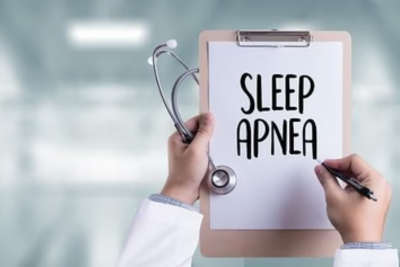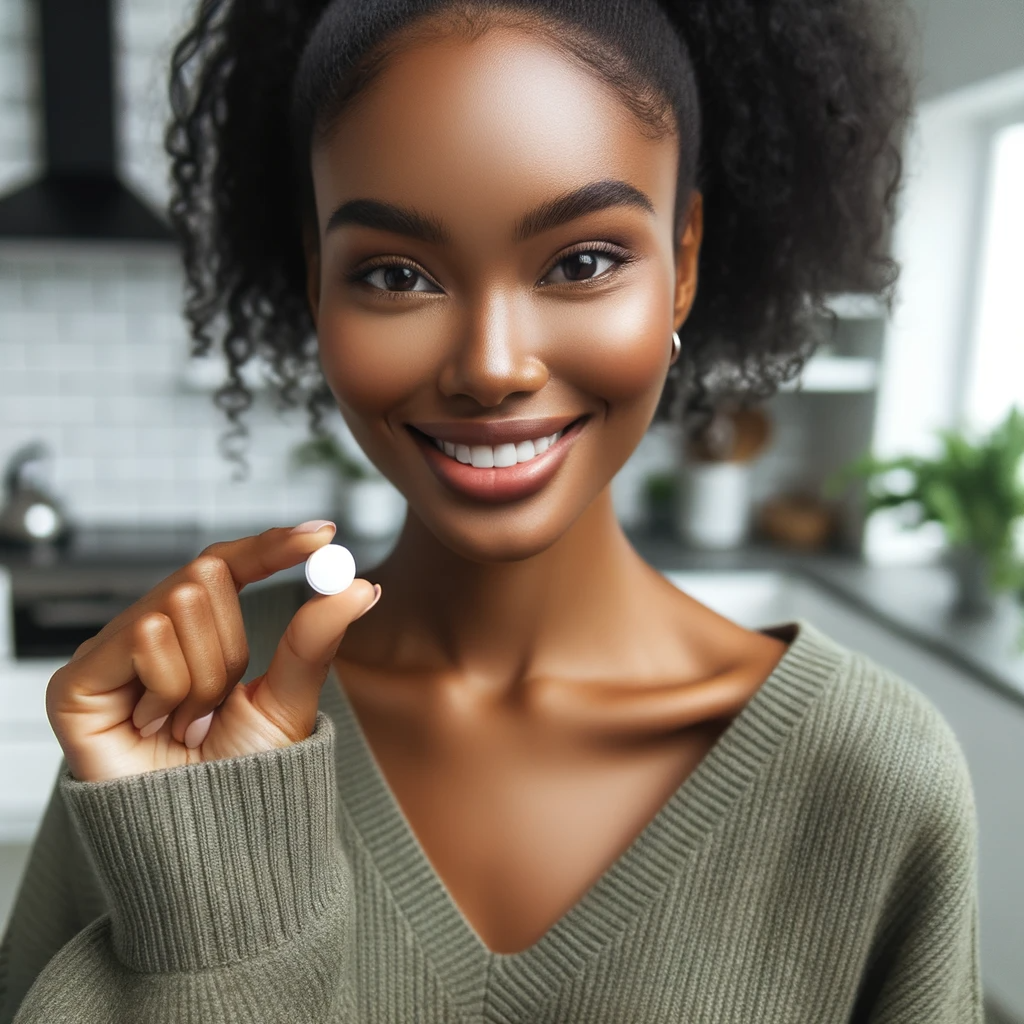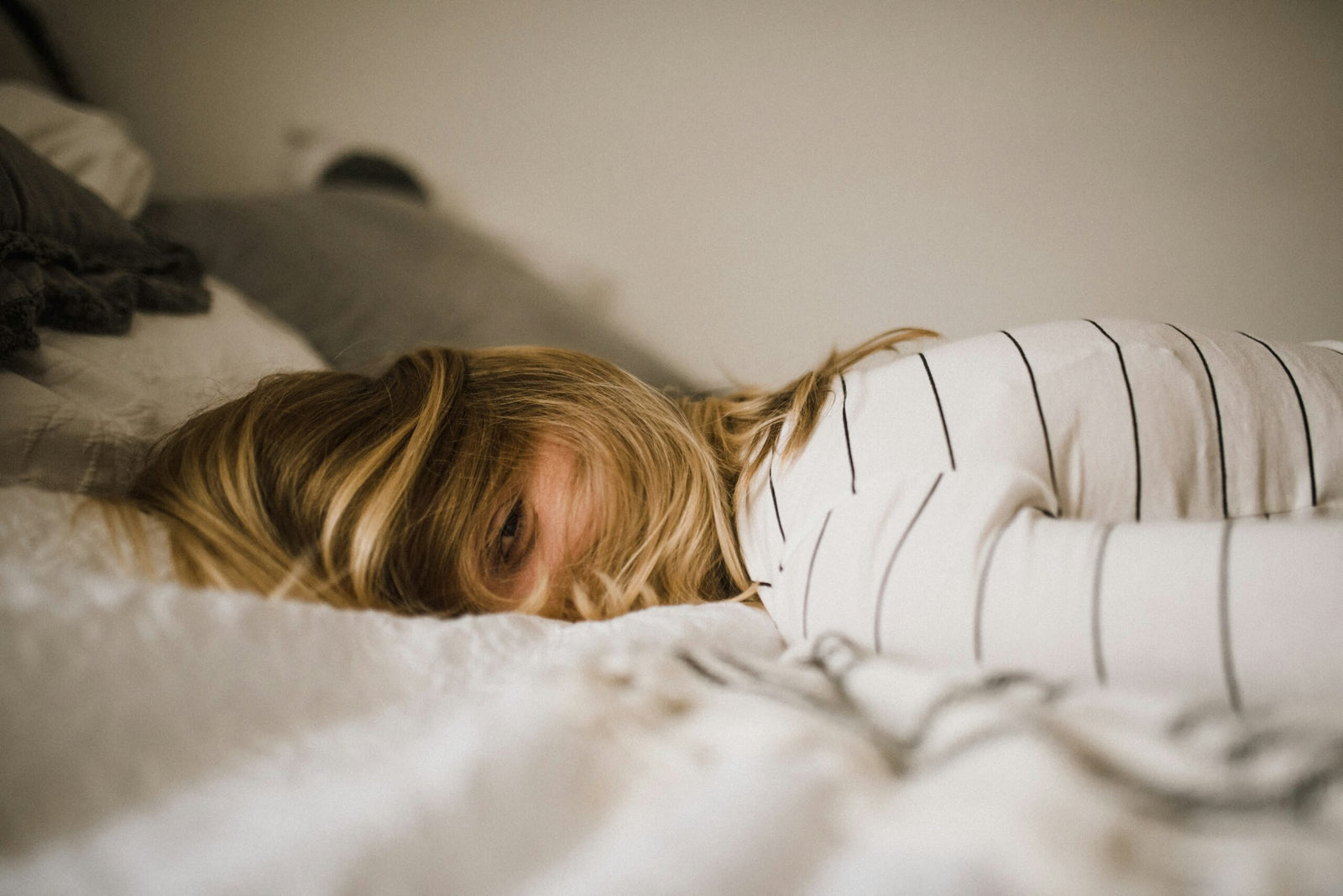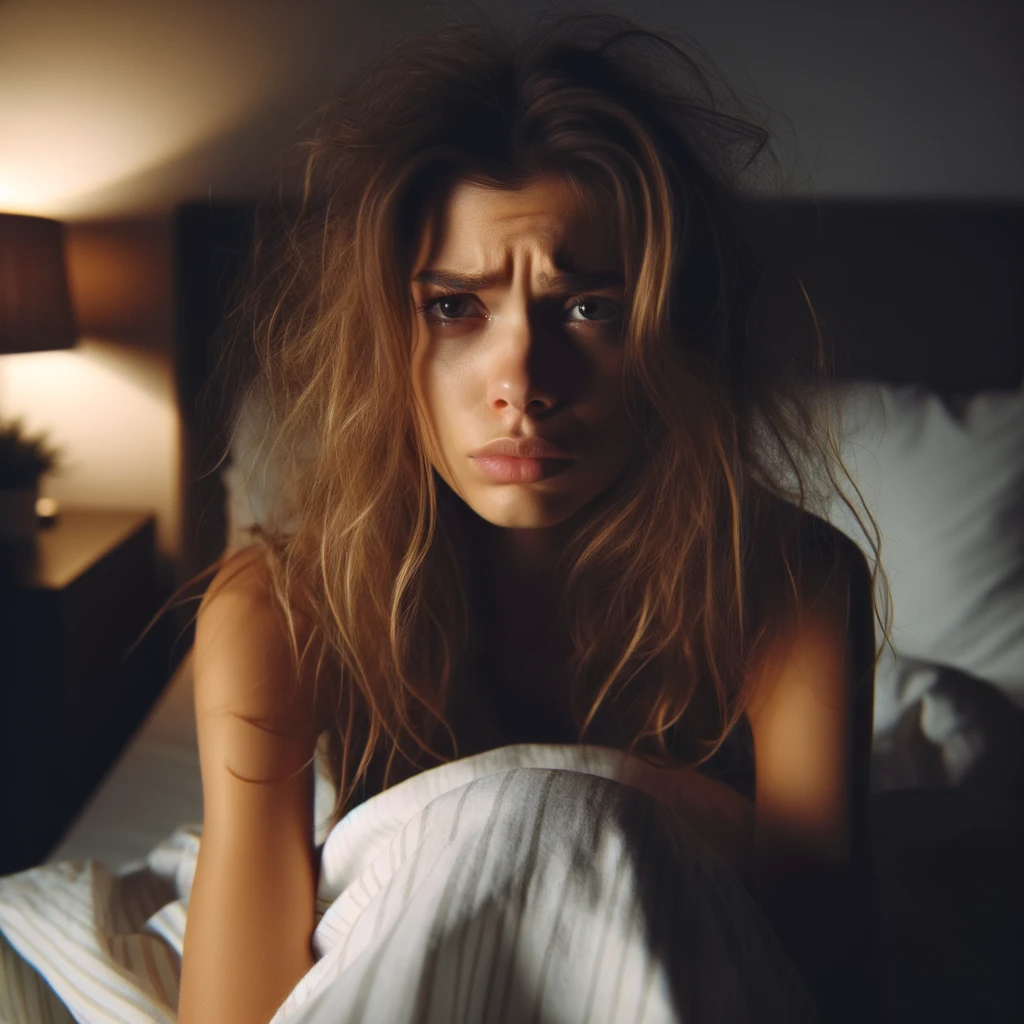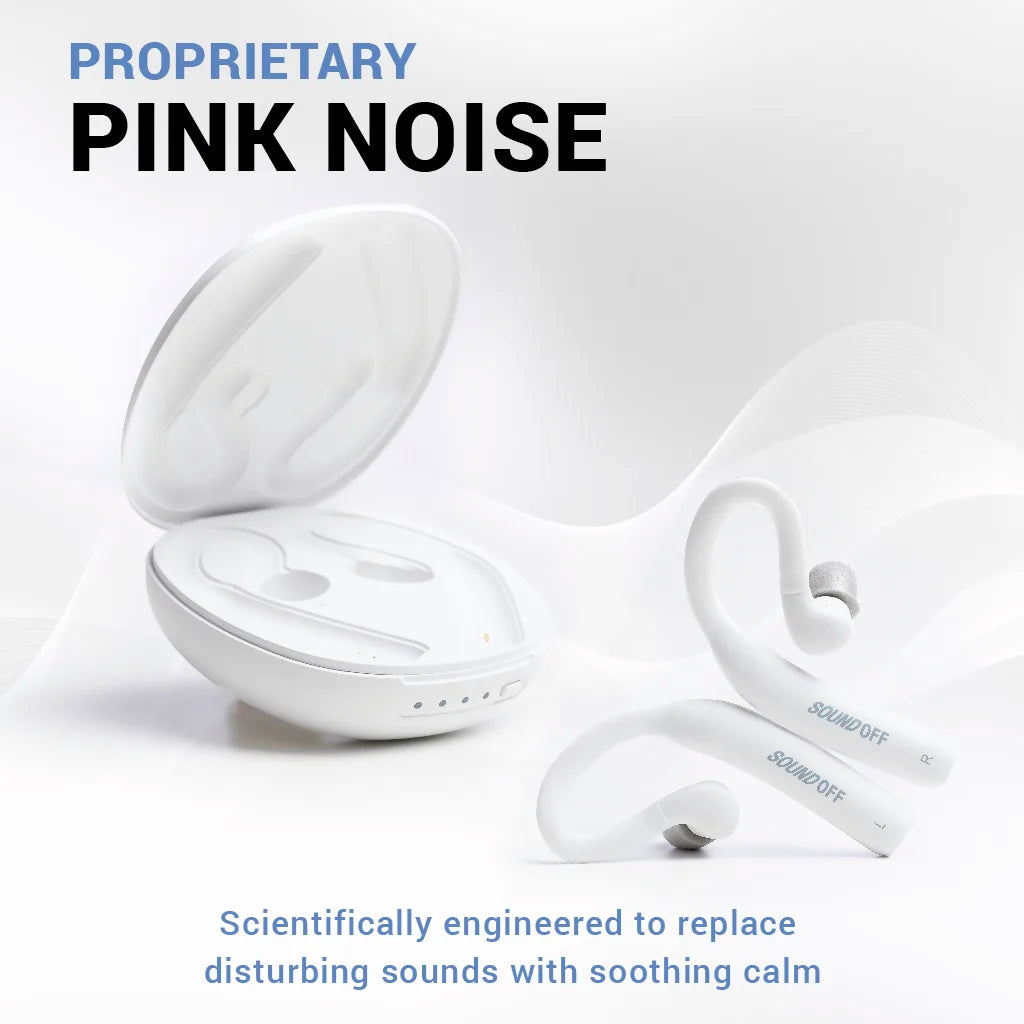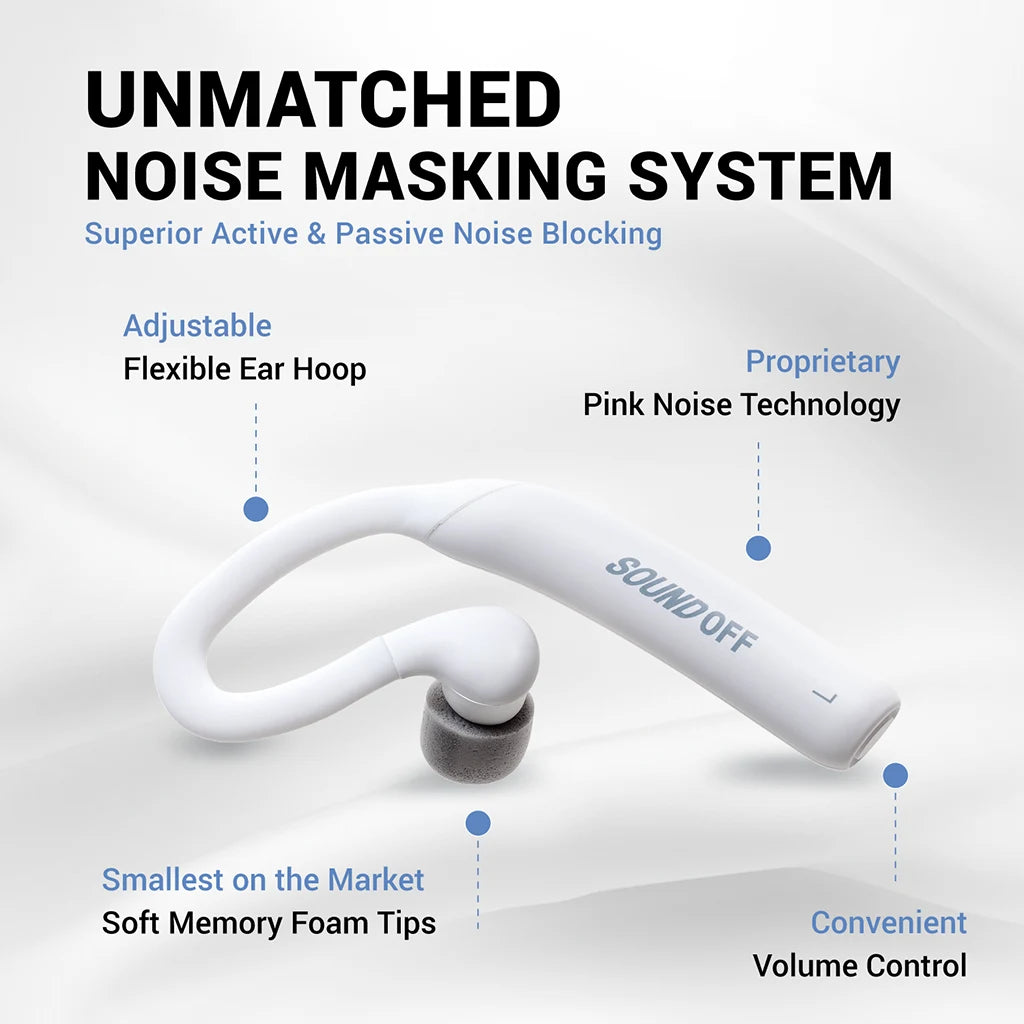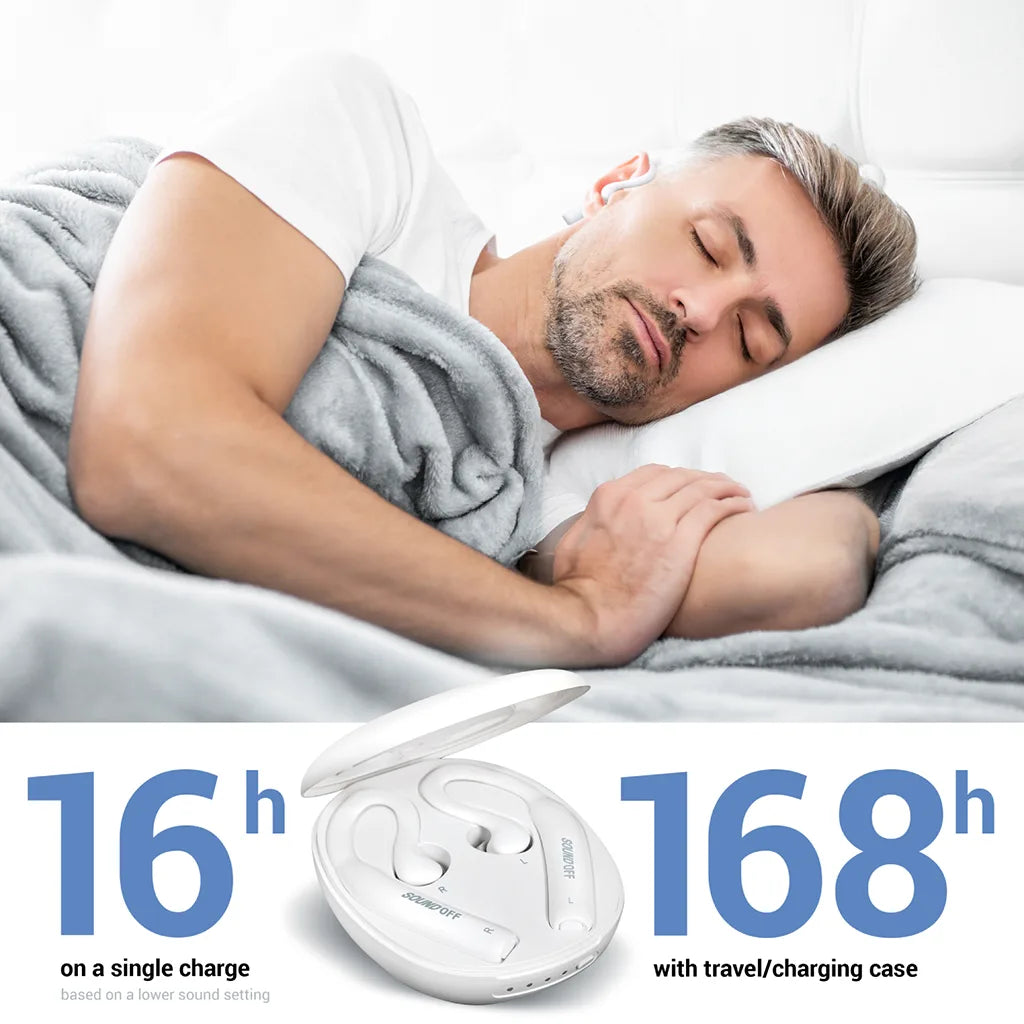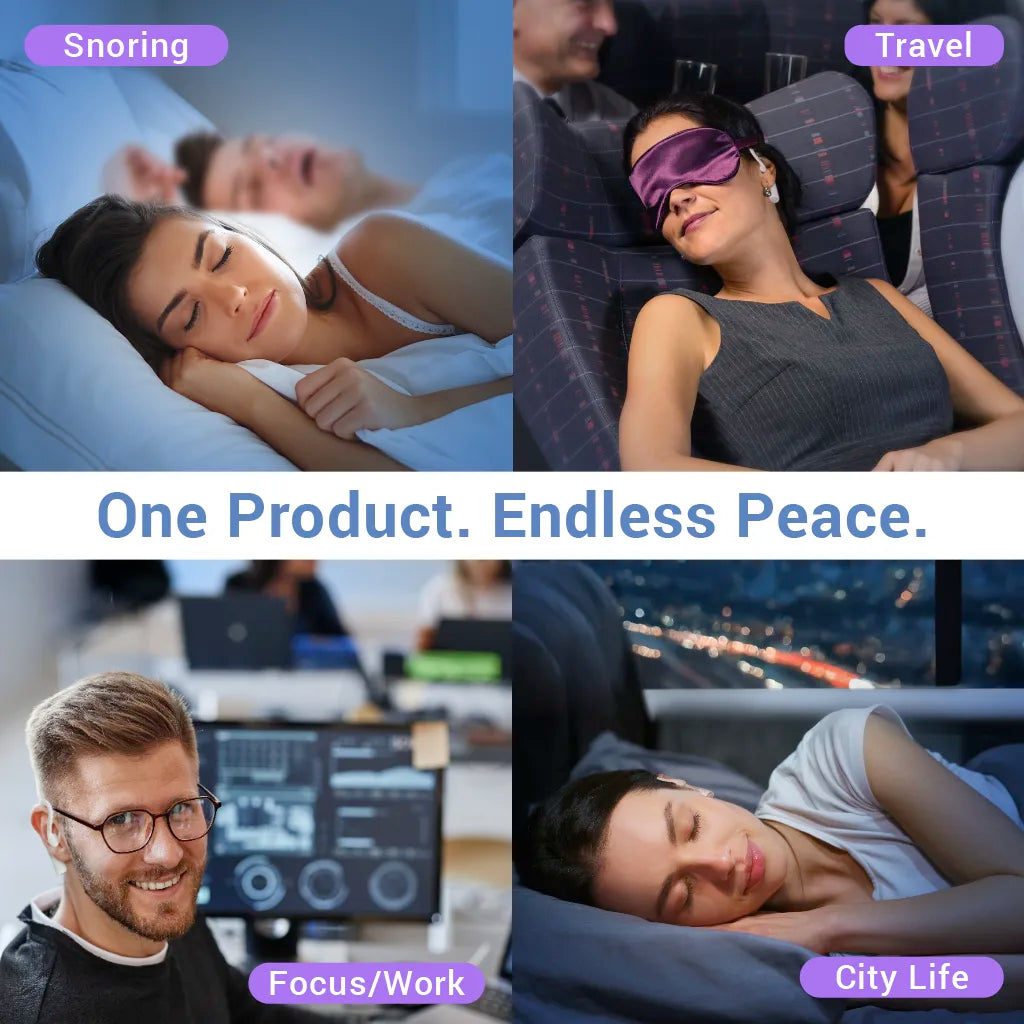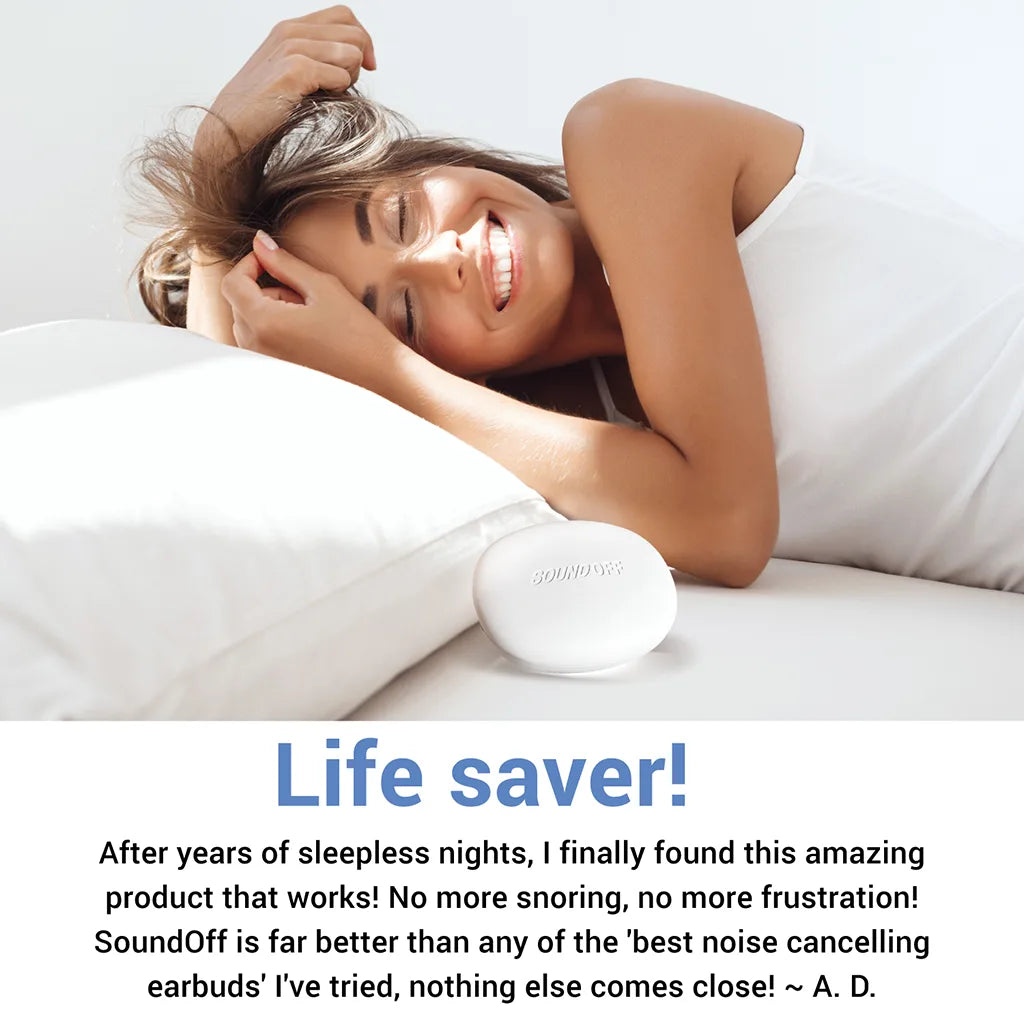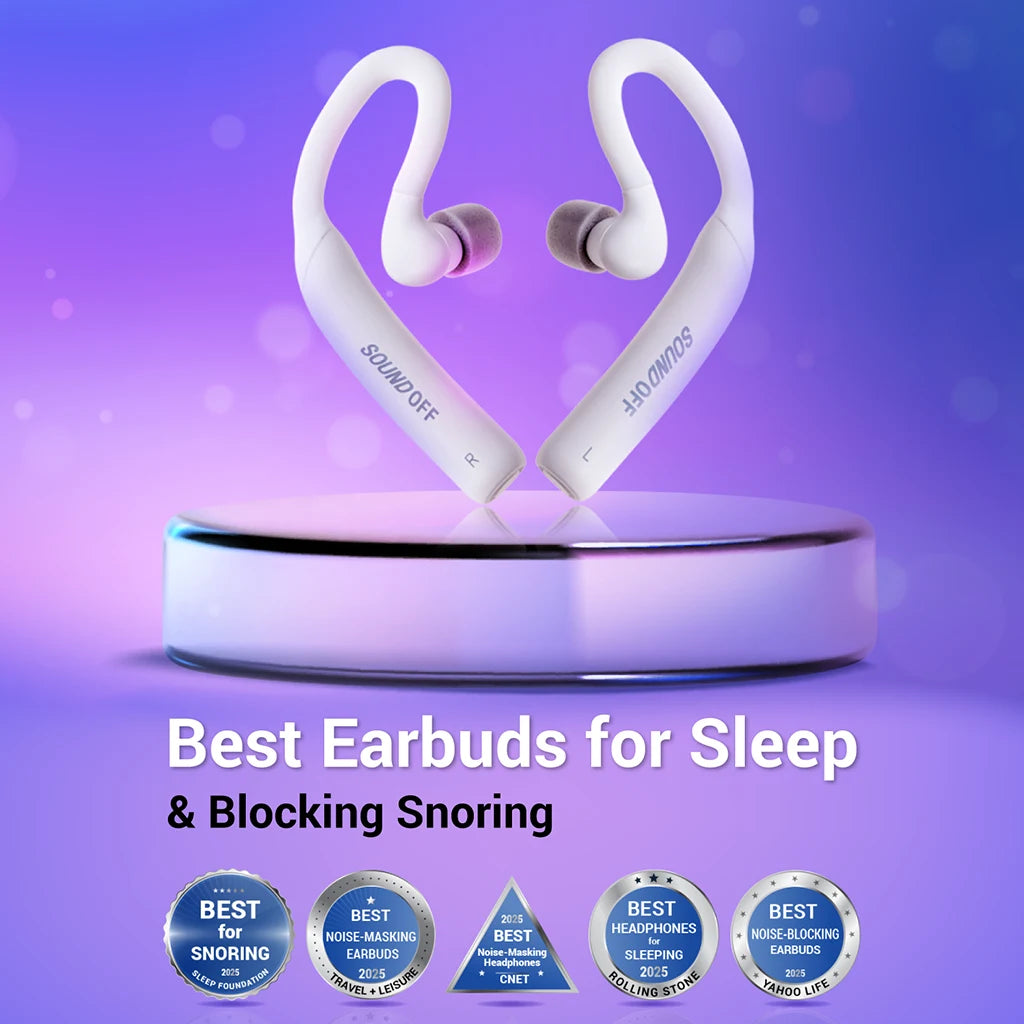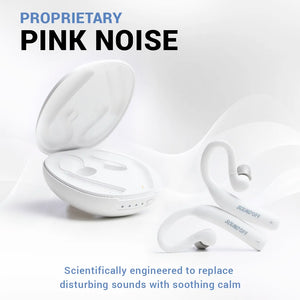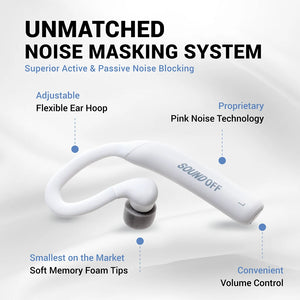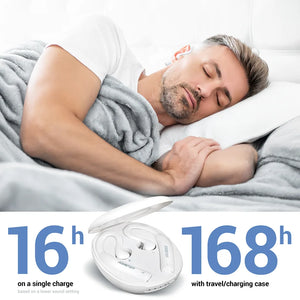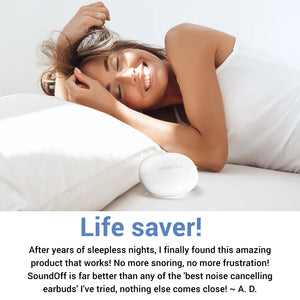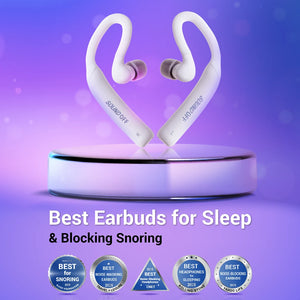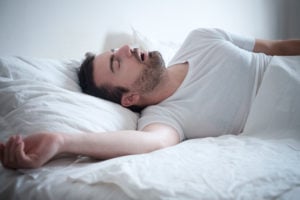
Introduction:
Sleep apnea is a health issue for millions of people. An estimated 4% of middle-aged men and 2% of middle-aged women suffer from the disease, totaling 12 to 18 million people just in America.
According to The National Institute of Health, sleep apnea is the leading cause of daytime drowsiness and presents a serious threat to safety. This is based on the fact that it leads to other diseases including hypertension, heart disease, and even stroke.
Sleep Apnea causes and effects
While there are different causes of sleep apnea, most relate to a blocking of the upper airway.
Sleep apnea is a disruption in breathing to the extent that a person will stop breathing at numerous times throughout the night. It's also important to note that, during this process, the heart is also stopping and starting.
This causes sudden drops in blood oxygen levels which can adversely affect heart health. For those with underlying heart disease, repeated multiple episodes of low blood oxygen (referred to as hypoxia or hypoxemia) worsen the patient's prognosis and increase risk of irregular heart rhythms.
Last but not least, the breathing pauses disrupt oxygen flow to the brain. This leads to memory decline, focus issues and a tendency toward moodiness.
Traditional Sleep Apnea treatment
There are many possible ways to treat sleep apnea with the most aggressive treatments being surgically related. There are less invasive approaches including Continuous Positive Airway Pressure (CPAP) devices and other medical devices.
Lifestyle changes and home remedies for sleep apnea should be tried first to reduce the debilitating effects of apnea.
These lifestyle changes are linked to better sleep and are usually the first step in battling sleep apnea.
4 Types of Home Remedies for Sleep Apnea
Lifestyle changes: exercise and diet
One of the leading causes of sleep apnea is obesity. Being overweight puts extra pressure on the neck muscles and tissues surrounding air passages. Losing weight and general conditioning have shown a positive impact on breathing effectiveness.
Sleep apnea has been shown to have the same effect on many internal organs as obesity including cardiovascular disease and insulin resistance. Those with sleep apnea are also more likely to have fatty liver disease.
The liver is the second largest body organ. Its' job is to process nutrients from foods and to filter out harmful substances in the blood system. Too much fat in the liver causes inflammation which in turn can create liver scarring which may ultimately lead to liver failure.
Removing excess weight will alleviate stress on both your heart and liver and get you on the road to better health.
Weight Loss
Weight loss is achieved with a combination of regular exercise – 30 minutes a day or more – and a controlled diet. Exercise burns calories and helps regulate body hormones.
In addition to weight loss exercises, you can do throat exercises to strengthen muscles. This helps prevent sleep apnea by training the body to resist collapsing of soft tissues and the resulting blockage of airways.
Diet
Diet control consists of eating the right foods in the right quantities and avoiding the wrong ones. Eating high fiber is important, and is readily available in nuts, seeds, grains, fruits and vegetables.
It’s also a good idea to eat protein and healthy fats. Eggs, meat and fish contain these nutrients. Other foods that help control digestion and fat-burning include the oil of coconuts, olives, and ginger, as well as avocado and grapefruit.
These lifestyle changes link to better sleep and are usually the first step in battling sleep apnea.
Experience the magic of herbs
Many people with sleep apnea don’t realize that certain foods like herbs can have a magical effect on sleep disturbance. Using herbs is one popular example of eating different foods as home remedies for sleep apnea. For example, adaptogen herbs like maca, ginseng and rhodiola can help with weight loss.
In addition to herbs, honey is recommended for dealing with the effects of sleep apnea. It has anti-inflammatory properties which help reduce swelling and lubricate the throat. Honey is also effective when used in weight loss programs.
Relaxation techniques go a long way to promote sound sleep. Try using herbs that help the body relax– like chamomile for instance, an herb known for its' sedative properties.
Other relaxation-related herbs include ashwagandha, cinnamon and lavender. Anti-inflammatory herbsinclude garlic, peppermint and turmeric. Valerian has been the subject of much research and is notable for being a natural sleep aid as effective as some prescription drugs.
Abstain from sleep-robbing chemicals
There are common chemicals that have become part of everyday living for many people who suffer from sleep disorders like apnea. Many of these chemicals are really drugs that have negative consequences for us, and the connection between them and sleep apnea often go unnoticed. However, there are also effective home remedies for sleep apnea that center on changing our lifestyle.
For example, coffee, tea and many sodas contain the stimulant caffeine. Drinking these before bedtime causes the body to resist the natural tendency to slow down and approach the sleep cycle that is signaled by our system’s circadian rhythms.
On the flip side, there are chemicals that can slow your metabolism too much, leading to heavy sleep and resulting snoring and apnea.
Key sleep-robbing chemicals
Alcoholand sedatives like prescription tranquilizers play the role of depressants. They interfere with the muscles and tissues around the throat area and make it difficult to maintain the control needed to keep airways open.
Tobacco and alcohol are both irritants and can dry out airways and increase snoring and apnea. Smokers are much more likely to have sleep disturbances than non-smokers. Some research has the figure as high as three times more likely.
Change sleep habits
It would obviously be difficult to sleep when a parade is going by... or a plane is flying overhead. But it is also hard to sleep in bright sunlight... or when you're thirsty.
These environmental issues can normally be controlled, or at least managed. Our bodies have internal controls and body clocks that tell us to be awake during the day and prepare for sleep at night. So, we should try to accommodate and support the natural circadian rhythms of day and night as much as possible. Light is more easily controlled than sound.
Light and sound
Both light and sound have a big impact on our ability to sleep. Our bodies sense darkness as a clue for sleep, and we can support that signal by turning off lights, closing window blinds, pulling down shades, turning off electronic devices, and creating the darkness our bodies crave.
For most people, absolute silence is golden when it comes to time for sleep. For others, there are sounds in the environment that distract them and keep them from entering the sleep state. Mitigating noisedisruptions is largely affected by the specific type of noise you're dealing with.
To combat the effects of nuisance noise, background sound is scientifically proven to block out unwanted noise and trick the brain into a state of calmness.
Background sound is also called white or pink noise. White noise is compared with the static of an electronic device. Pink noise is the sound of nature like a gentle rain or trickling waterfall.
In either case, the mind becomes more relaxed, and the body feels better. We feel the tensions of the day ebbing away with sleep. Sleep Tip: Rather than trying to block noise with a sound machine, opt for our soothing sleep earbuds. They'll provide a more efficient noise masking experience.
Dryness vs humidity
To combat dryness, drinking water during the day keeps us hydrated. This helps promote normal bodily functions including swallowing and breathing.
Humidifying the air helps, too. Bedroom humidifiers can be used to keep air moist and are one example of home remedies for sleep apnea. *Keep in mind that humidifiers should be clean to avoid sickness.
Sleep hygiene
Cleanliness extends to other areas of the bedroom, too, including the bed and mattress that need to be clean and allergen-free.
Something as simple as body position can be the most important element of sleep control. People with sleep apnea have difficulties in maintaining a natural flow of air, and the position of the head and neck play a major role in that process.
Often, just raising your head or sleeping on your side can make a huge difference in the ability to get a good night’s sleep. There is a lot of research on sleep positions. Anyone with apnea is familiar with the struggles of finding a good sleep position.
There are tricks to help side-sleepers maintain that position throughout the night.
If these home remedies for sleep apnea aren’t enough to help you sleep better, it might be time to consult a physician about more aggressive steps to take, which might involve medical devices like CPAP machines or even surgery.
Sound sleep is too important for your overall health and happiness to ignore.

